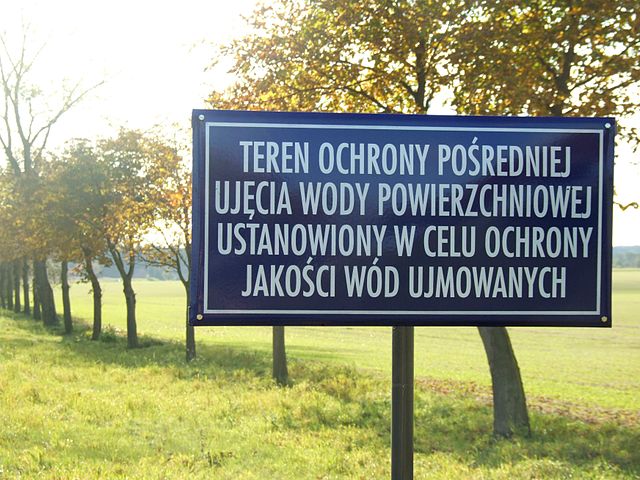A double negative is a construction occurring when two forms of grammatical negation are used in the same sentence. This is typically used to convey a different shade of meaning from a strictly positive sentence. Multiple negation is the more general term referring to the occurrence of more than one negative in a clause. In some languages, double negatives cancel one another and produce an affirmative; in other languages, doubled negatives intensify the negation. Languages where multiple negatives affirm each other are said to have negative concord or emphatic negation. Portuguese, Persian, French, Russian,
Polish,
Bulgarian,
Greek, Spanish, Old English, Italian, Afrikaans, and Hebrew are examples of negative-concord languages. This is also true of many vernacular dialects of modern English. Chinese, Latin, German, Dutch, Japanese, Swedish and modern Standard English are examples of languages that do not have negative concord. Typologically, negative concord occurs in a minority of languages.

The Friar from the Ellesmere Manuscript of Chaucer's The Canterbury Tales
Polish is a West Slavic language of the Lechitic group within the Indo-European language family written in the Latin script. It is primarily spoken in Poland and serves as the official language of the country, as well as the language of the Polish diaspora around the world. In 2023, there were over 40.6 million Polish native speakers. It ranks as the sixth most-spoken among languages of the European Union. Polish is subdivided into regional dialects and maintains strict T–V distinction pronouns, honorifics, and various forms of formalities when addressing individuals.
The oldest printed text in Polish – Statuta synodalia Episcoporum Wratislaviensis printed in 1475 in Wrocław by Kasper Elyan.
A formal-tone informative sign in Polish, with a composition of vowels and consonants and a mixture of long, medium and short syllables
The Jakub Wujek Bible in Polish, 1599 print. The letters á and é were subsequently abolished, but survive in Czech.
Common handbag in Polish is called a torba, a word directly derived from the Turkish language. Turkish loanwords are common as Poland bordered the Ottoman Empire for centuries.[failed verification]





